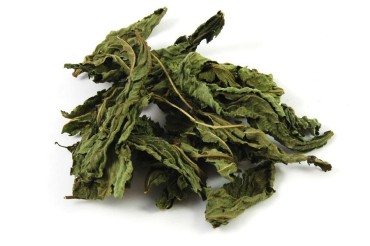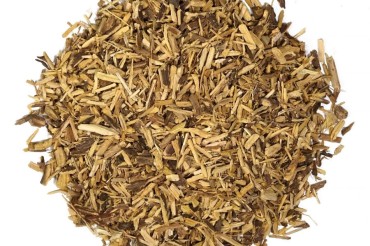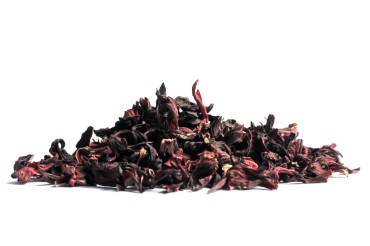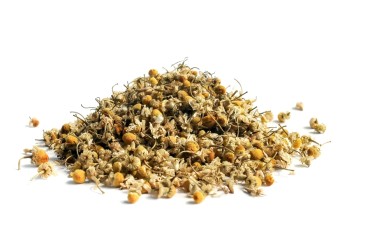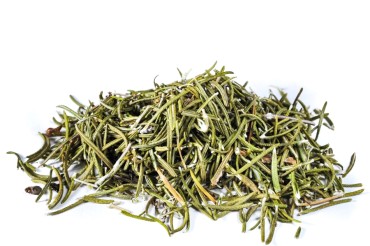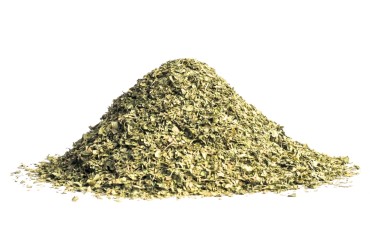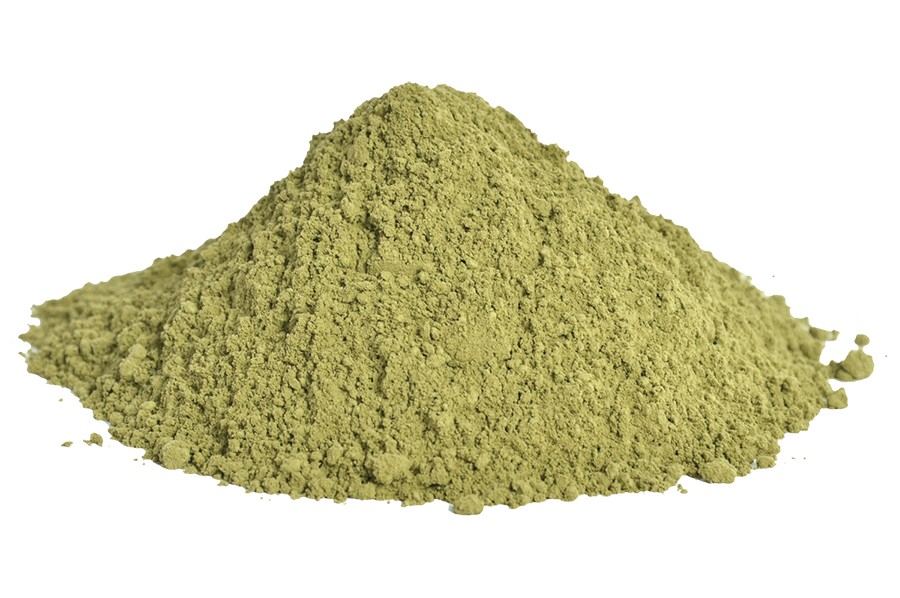
Overview
The Henna plant, or Henna tree – also known as the Egyptian Privet, is a plant that produces the ingredients of henna.
Common Uses
Henna is often applied to affected areas of the scalp for those suffering of dandruff. It also adds to the relief of eczema, scabies, fungal infections and minor wounds. Most commonly henna is used in hair dyes, cosmetics and hair care products. Henna is also used in dyes for clothing. In India and the Middle East, it is the main ingredient in temporary tattoos often applied on women before weddings and festivals.
Recommended Storage
The most important point is that dried herbs and spices can never go bad if they are kept dry. Yes, the potency is lost, but it will still influence the flavor of your cooking.
Seeds, roots, leaves and flowers last longer than crushed or ground herbs and spices. When you are preparing to store your dry herbs and spices it is vital that they are completely dry. A good indication is to rub it with your finger to check if it crumbles. As oxygen degrades dried herbs and spices over time, you should store them in airtight containers. Glass jars with sealable lids are perfect, and so are metal tins. Plastic won’t do for long terms storage. Sunlight also degrades dried herbs and spices; therefore, it should be stored in a dark cabinet that is both cool and dry. If your spice rack is near the stove or cooker, steam will degrade your herbs and spices each time you open the container while cooking. When buying in bulk, you should always store only some of the dried herbs and spices in a glass or metal container. Each time you open it, it is exposed to the elements. When buying in bulk it is useful to label your containers with the purchase date and discard date.
- Purity:
100% pure Henna leaves or powder - Packaging:
20kg in polypropylene bags or paper bags as per client request 25 kg in polypropylene bags or paper bags as per client request in powder form

